For many medical aspirants in India, securing a seat in a government medical college is a dream due to the top-quality education and affordable fee structure these institutions offer. However, one common question that often arises is whether direct admission is possible in Government Medical Colleges in India.
To provide clarity and accurate information on this topic, this blog aims to answer all your queries and provide essential details that every aspiring student must know.
Welcome to our guide on “Is Direct Admission Possible in Government Medical Colleges in India?”
Call us on +917678 676 001
OR
Write us at info@getmyuniversity.com
What is Direct Admission in MBBS?
Direct admission in MBBS enables students to secure a seat in medical colleges, even with lower scores, provided they have the necessary budget. This option is typically available in private medical colleges under management or NRI quotas. Students must fulfill basic eligibility requirements, such as passing their 12th-grade exams with the required marks in Physics, Chemistry, and Biology, and qualifying in NEET, as per the guidelines of the National Medical Commission (NMC).
While this route provides an opportunity for students with lower ranks, it often involves higher fees. It’s crucial to verify the college’s recognition by NMC and avoid fraudulent agents to ensure a legitimate admission process.
Is Direct Admission Possible in Government Medical Colleges in India?
No, direct admission is not possible in government medical colleges in India. Admissions to government medical colleges are strictly based on merit, determined by the NEET (National Eligibility cum Entrance Test) score. Unlike private institutions, government colleges do not have management quota seats for admission.
However, a few government medical colleges do offer NRI (Non-Resident Indian) quota seats. These seats allow students with lower NEET scores to gain admission, but they come with a significantly higher fee structure compared to regular seats. Even in this case, eligibility criteria must be met, and the number of such seats is very limited.
What is the admission process for MBBS in Govt Medical College?
The necessary steps involved in the admission of Government Medical College are as follows:-
Step 1 – Qualify NEET
Student interested in admission to Govt Medical College must qualify NEET Exam and get a score that meets the cutoff set for government medical college.
Step 2 – NEET UG Registration
Candidates need to register for counseling through the Medical Counseling Committee (MCC) for All India Quota (AIQ) seats or the respective state authorities for State Quota seats.
AIQ typically accounts for 15% of seats in government medical colleges, while the remaining 85% are reserved for state residents.
Step 3 – Choice Filling & Allocation of Seat
During counseling, candidates list their preferred colleges and courses. Seats are allocated based on rank, preferences, and availability.
Step 4 – Verification of Documents
Once a seat is allocated, candidates must verify their documents and complete the admission process within the specified timeframe.
Why Direct Admission is not possible in Govt Medical College?
• High Merit Required: Government medical colleges select students based on merit through exams like NEET. Only those with top scores get admission, leaving no chance for direct entry.
• Managed by Government Authorities: These colleges are run by government bodies, ensuring a fair and transparent admission process. No shortcuts or exceptions are allowed.
• No Hidden Costs: Government colleges have a fixed and openly declared fee structure. Unlike private institutions, there are no extra or hidden charges for admission.
Conclusion
Direct admission in government medical colleges in India is not possible due to the stringent and merit-based admission process. This system ensures fairness, transparency, and quality in medical education. While there are exceptions for NRI candidates under specific quotas, these too require meeting eligibility criteria and participating in counseling. Students aspiring to join government medical colleges must focus on performing well in NEET and understanding the structured admission process.
Students and parents must stay informed and cautious of fraudulent claims promising direct admission. Instead, explore legitimate alternatives and plan effectively to achieve your medical career goals. Success in the medical field comes from dedication, hard work, and adherence to the established process, rather than shortcuts.

.jpg-22831.jpg)

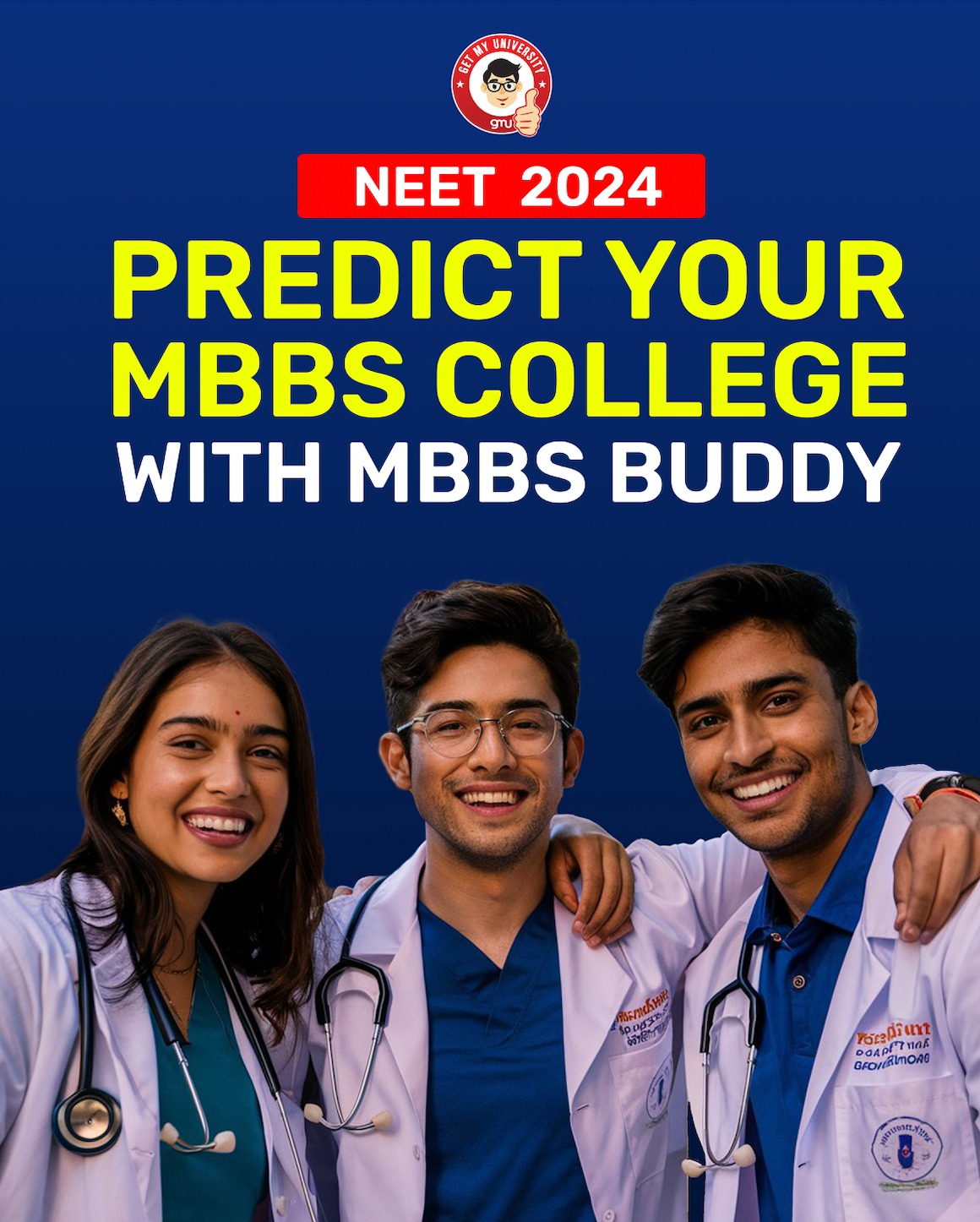
.jpg-74260.jpg)
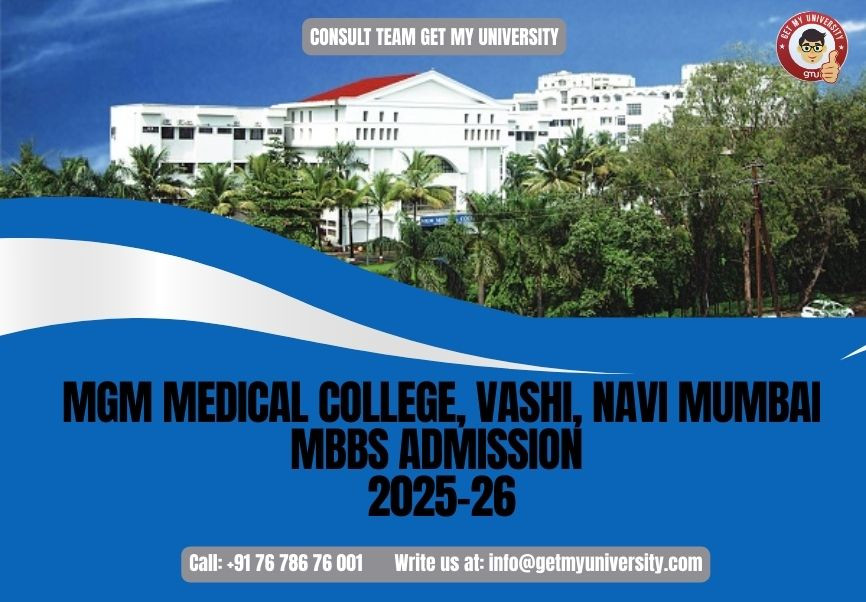
.jpg-71102.jpg)
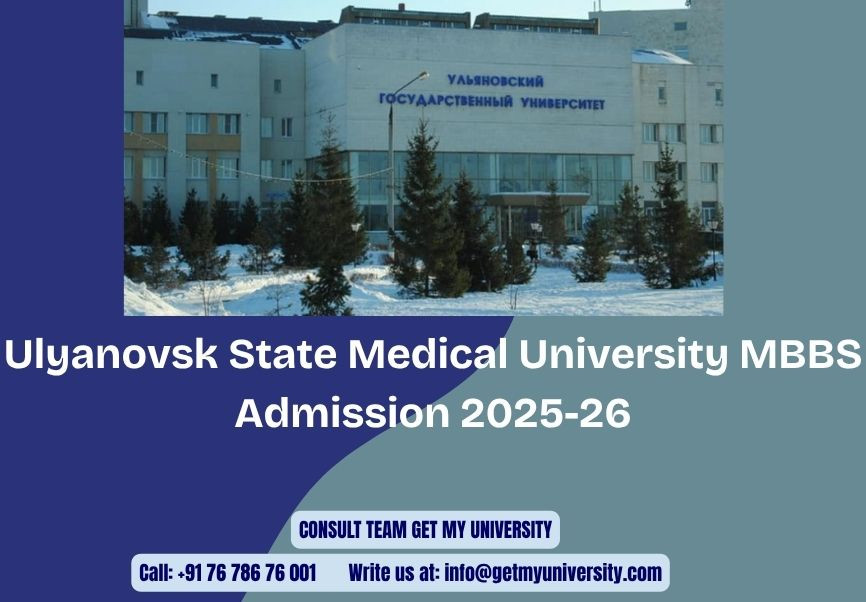
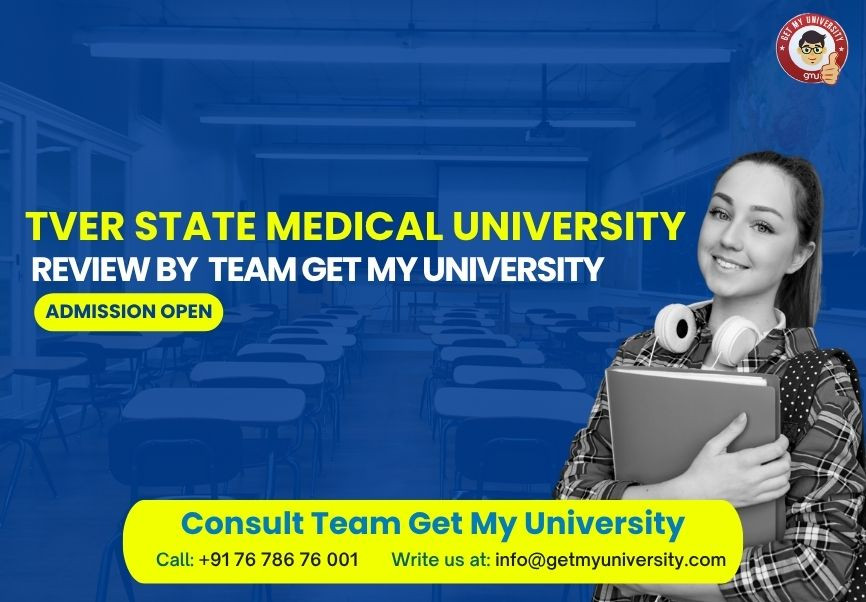
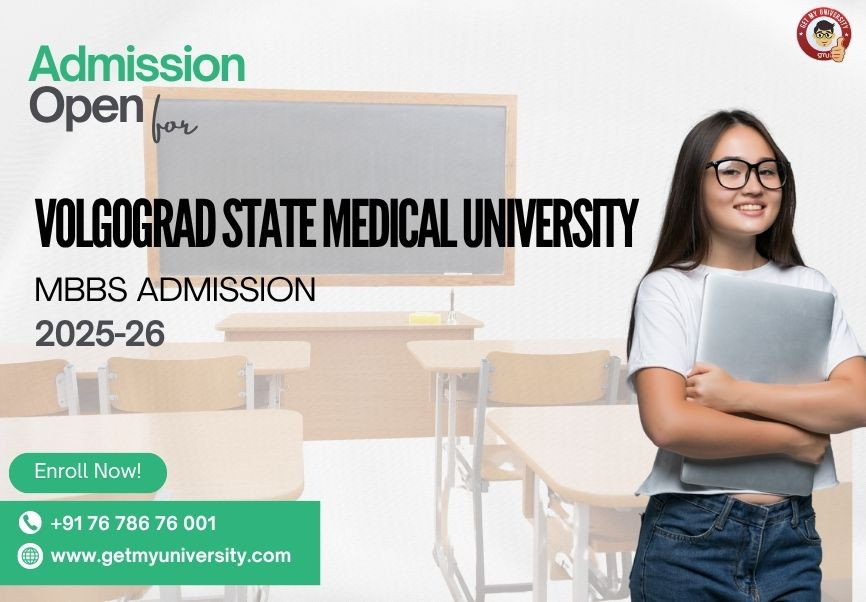


.jpg-21391.jpg)
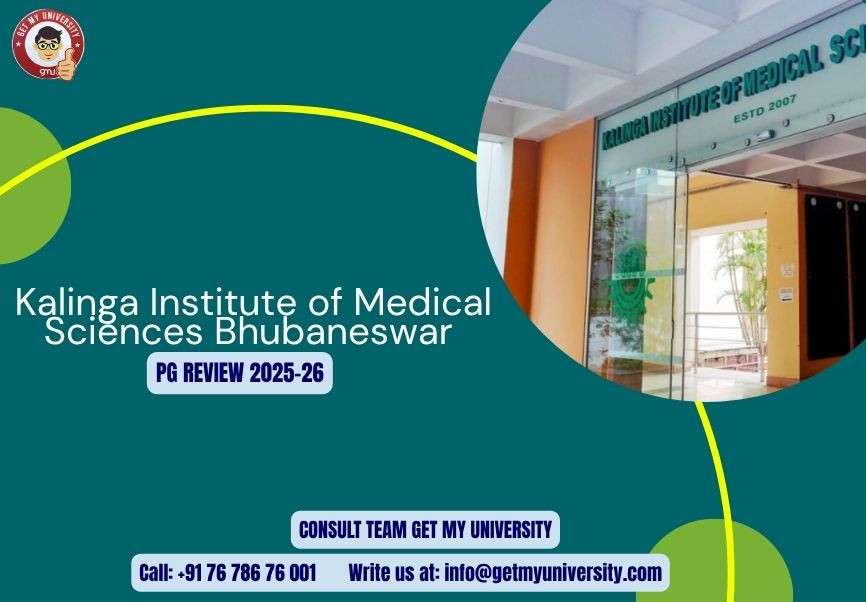
.jpg-13812.jpg)
.jpg-62877.jpg)
